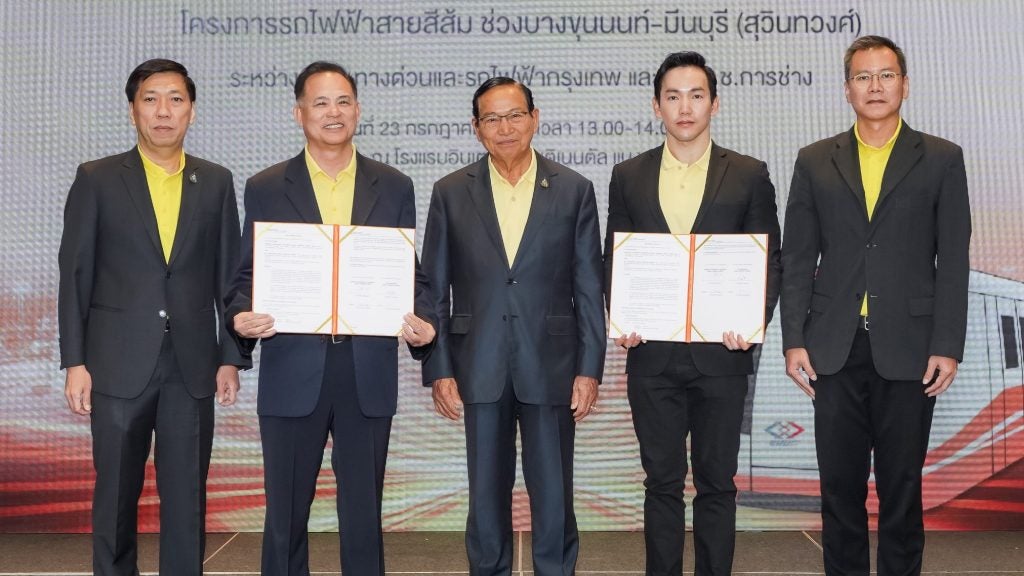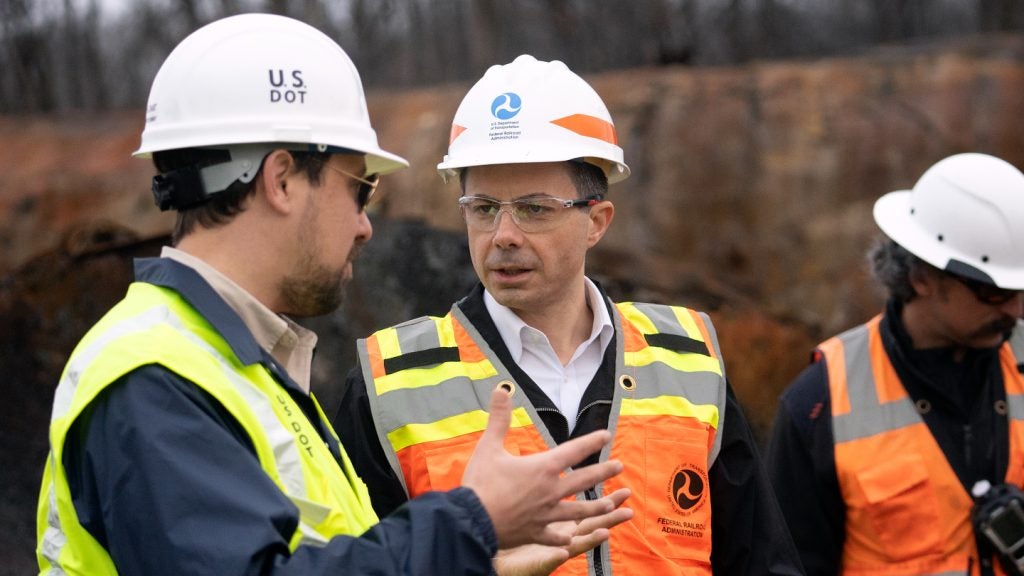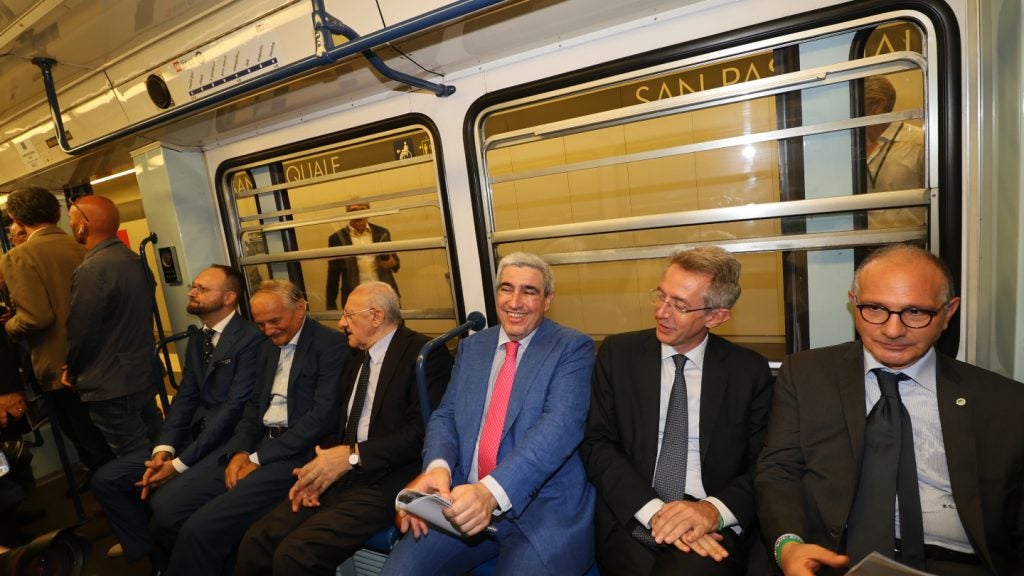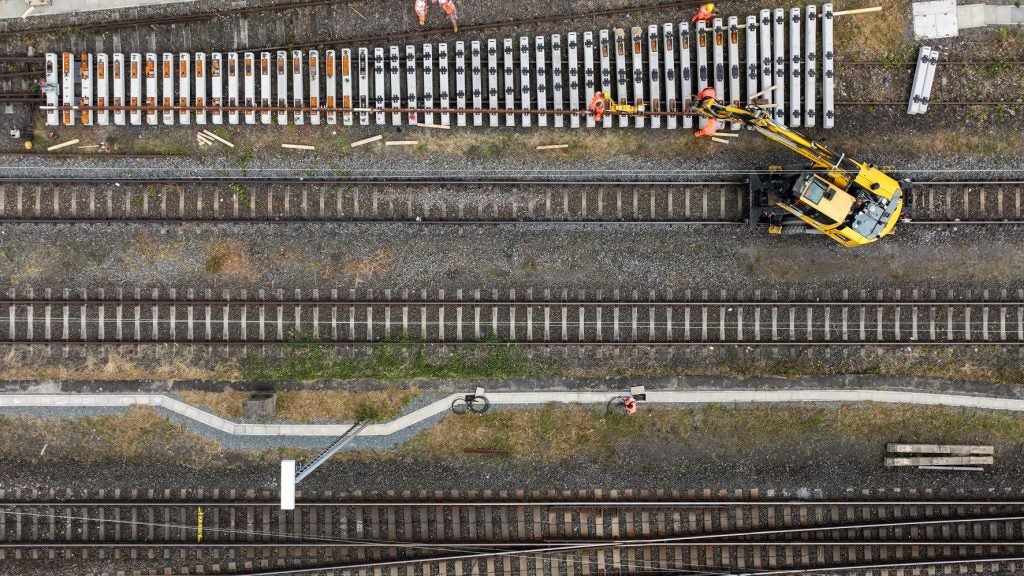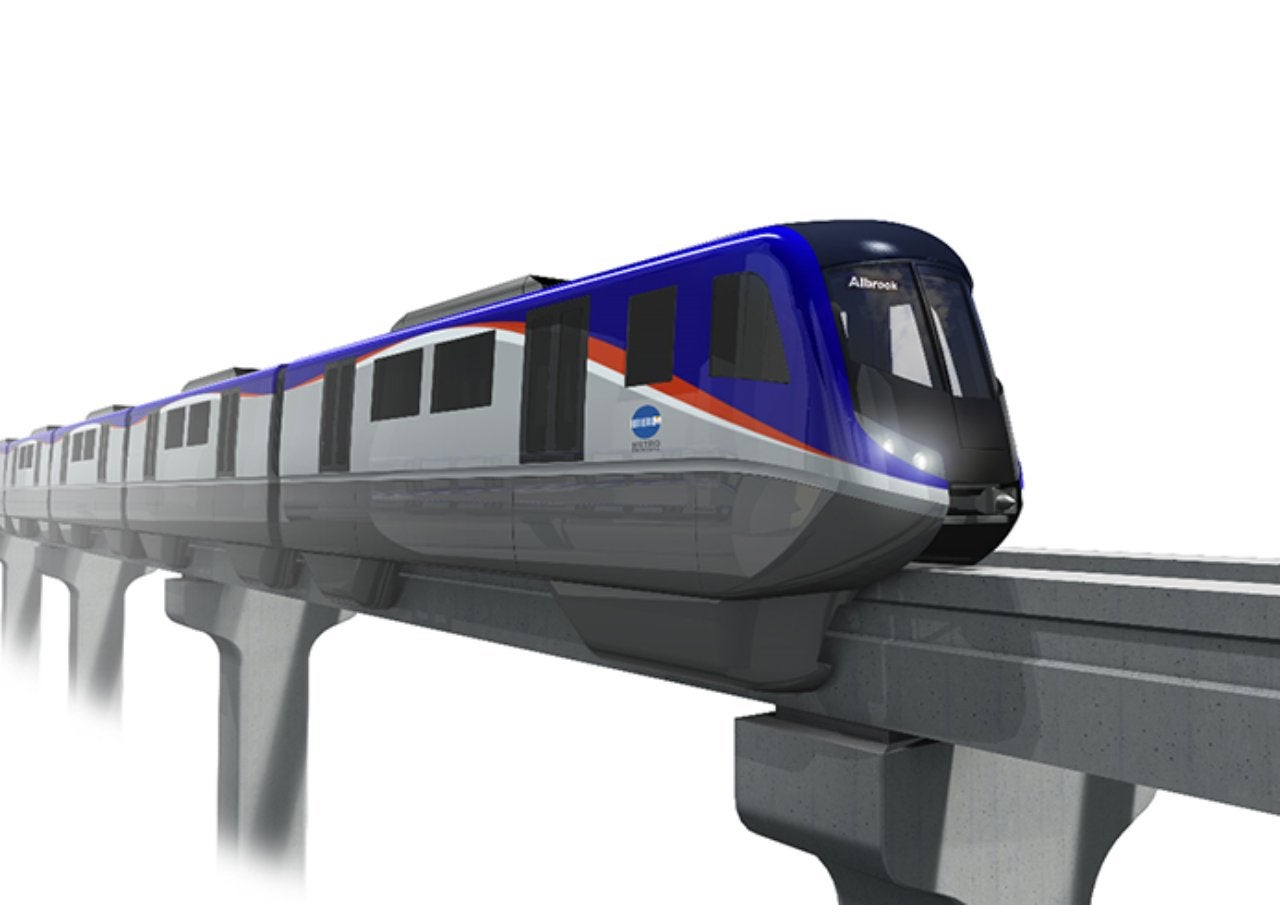
Panama Metro Line 3’s prime contractor HPH Consortium has signed an $883m contract for the delivery of the 25km-long monorail system.
The contract was signed with a consortium that includes Hitachi, Hitachi Rail and Mitsubishi.
As agreed, Hitachi and Hitachi Rail will supply 28 six-car trains for the line. The vehicles will be equipped with Hitachi’s B-CHOP (Energy Storage for Traction Power Supply) system, which is a regenerative braking technology that will reduce emissions and energy consumption.
The two entities will also be responsible for the delivery of the signalling systems, telecommunication systems, power systems, control centre, platform screen doors and depot equipment.
Mitsubishi will handle the administration of the project.
Hitachi Rail Group America CEO Jason White said: “At Hitachi, innovative technology underpins our product range and transportation solutions. In order to provide efficient and cost-effective means of transportation for passengers and operators, we are very pleased to be a provider of cutting-edge railway systems.
How well do you really know your competitors?
Access the most comprehensive Company Profiles on the market, powered by GlobalData. Save hours of research. Gain competitive edge.

Thank you!
Your download email will arrive shortly
Not ready to buy yet? Download a free sample
We are confident about the unique quality of our Company Profiles. However, we want you to make the most beneficial decision for your business, so we offer a free sample that you can download by submitting the below form
By GlobalData“With high-performance and energy-efficient vehicles, the new monorail will deliver a greener future with better mobility for all.”
Slated to open in mid-2025, the Line 3 of Panama Metro will run from Albrook to Ciudad del Futuro. The elevated double-track monorail system will feature 14 new stations and is expected to create 800 local jobs during development.
Once complete, Line 3 will improve connectivity and mitigate traffic congestion in the region.
Hitachi Railway Systems Business Unit Latin America sales and project management director Enzo Carpanetti said: “In Panama, as in many urbanised areas of the world, heavy traffic congestion impacts economic activity, public health and quality of life.
“This line will reduce traffic and carbon dioxide emissions, and the trains themselves are designed of energy-efficient materials.”
Notably, the Panama City Line 2 started commercial operations in April 2019.



